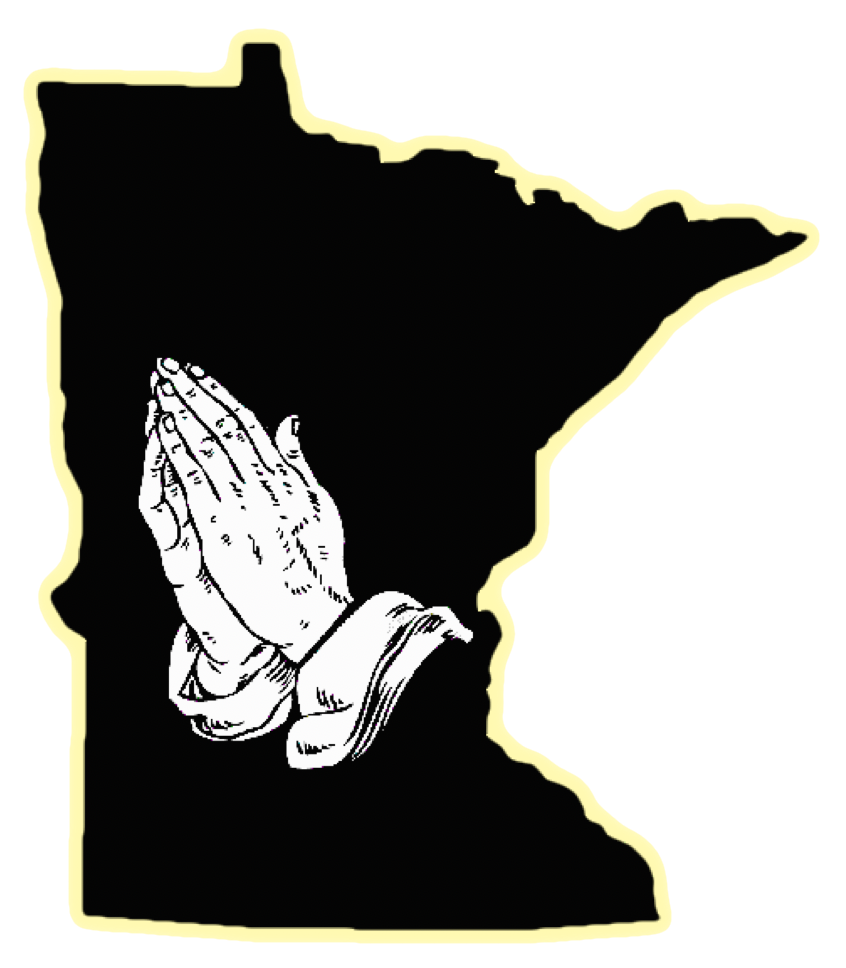Although born into an Anglican family, by his thirties Newton held a Christian faith that, had it been made public, would not have been considered orthodox by mainstream Christianity;[114]in recent times he has been described as a heretic.[6]
By 1672 he had started to record his theological researches in notebooks which he showed to no one and which have only recently been examined. They demonstrate an extensive knowledge of early church writings and show that in the conflict between Athanasius and Arius which defined the Creed, he took the side of Arius, the loser, who rejected the conventional view of the Trinity. Newton "recognized Christ as a divine mediator between God and man, who was subordinate to the Father who created him."[115] He was especially interested in prophecy, but for him, "the great apostasy was trinitarianism."[116]
Newton tried unsuccessfully to obtain one of the two fellowships that exempted the holder from the ordination requirement. At the last moment in 1675 he received a dispensation from the government that excused him and all future holders of the Lucasian chair.[117]
In Newton's eyes, worshiping Christ as God was idolatry, to him the fundamental sin.[118] Historian Stephen D. Snobelen says of Newton, "Isaac Newton was a heretic. But ... he never made a public declaration of his private faith—which the orthodox would have deemed extremely radical. He hid his faith so well that scholars are still unravelling his personal beliefs."[6] Snobelen concludes that Newton was at least aSocinian sympathiser (he owned and had thoroughly read at least eight Socinian books), possibly an Arian and almost certainly an anti-trinitarian.[6]
In a minority view, T.C. Pfizenmaier argues that Newton held the Eastern Orthodoxview on the Trinity.[119] However, this type of view 'has lost support of late with the availability of Newton's theological papers',[120] and now most scholars identify Newton as an Antitrinitarian monotheist.[6][121]
Although the laws of motion and universal gravitation became Newton's best-known discoveries, he warned against using them to view the Universe as a mere machine, as if akin to a great clock. He said, "Gravity explains the motions of the planets, but it cannot explain who set the planets in motion. God governs all things and knows all that is or can be done."[122]
Along with his scientific fame, Newton's studies of the Bible and of the early Church Fathers were also noteworthy. Newton wrote works on textual criticism, most notablyAn Historical Account of Two Notable Corruptions of Scripture. He placed the crucifixion of Jesus Christ at 3 April, AD 33, which agrees with one traditionally accepted date.
Kent Ross (Used with permission from Thrive Ministries by Kent Ross) & Wikipedia

